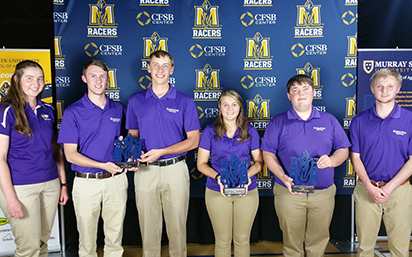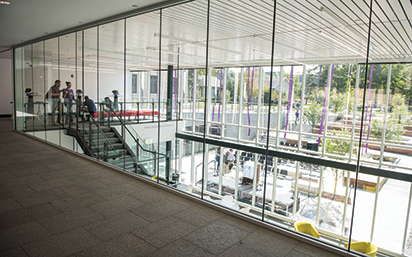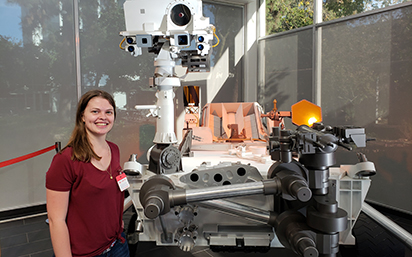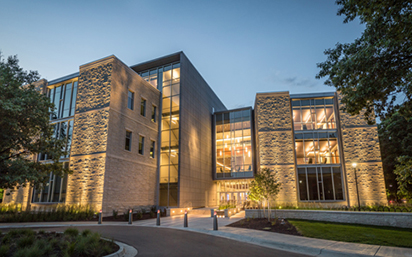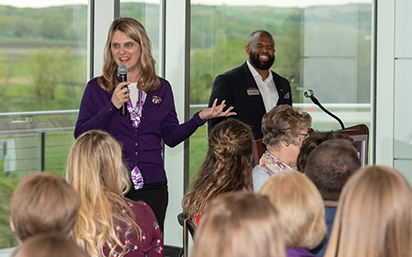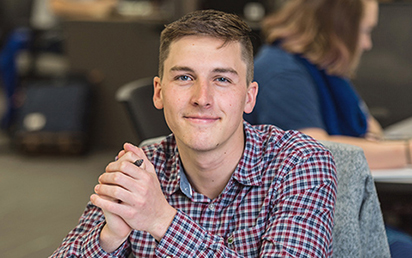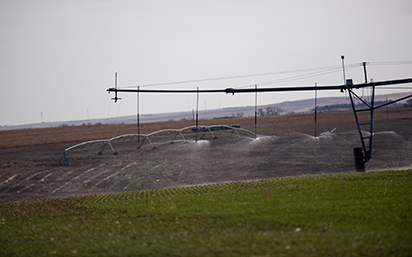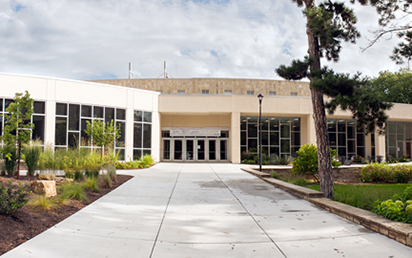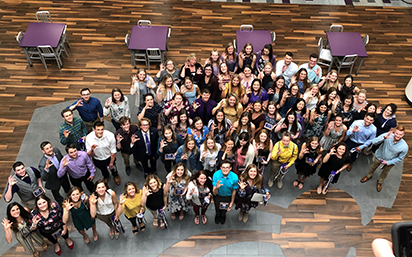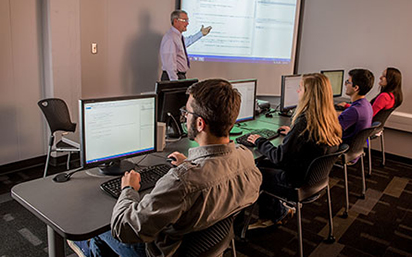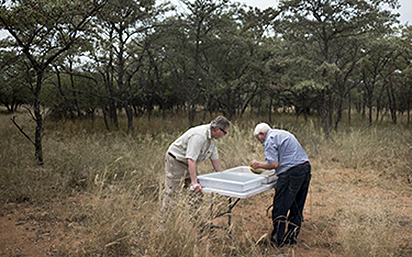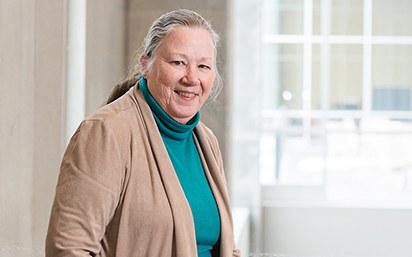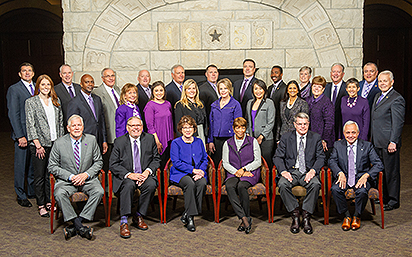
Meet the new members of the K-State Alumni Association board of directors
Communications. Veterinary medicine. Architecture. The healthcare system. Google.
The new members of the K-State Alumni Association board of directors represent a variety
of careers and bring a diverse array of expertise with them to their new roles.
In addition, Kendal Frazier ’73, Centennial, Colorado, will serve as our 2019-20 board
chair. Sylvia White Robinson ’71, Kansas City, Kansas, will serve as past-chair, and
Nabeeha Kazi Hutchins ’96, Washington, D.C., will serve as chair-elect.
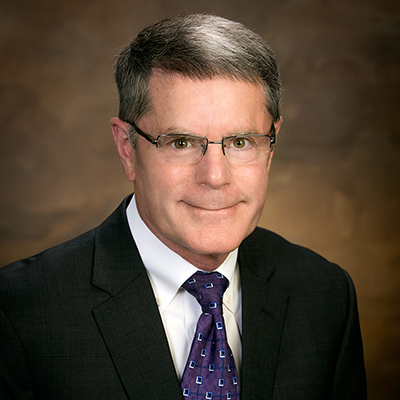
Kendal Frazier ’73
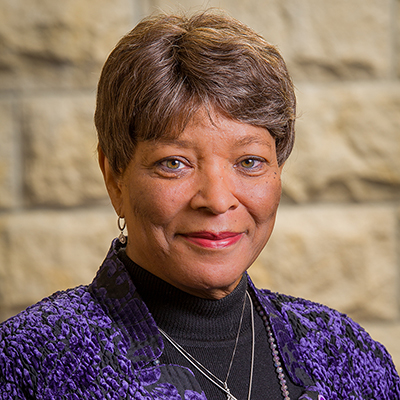
Sylvia White Robinson ’71
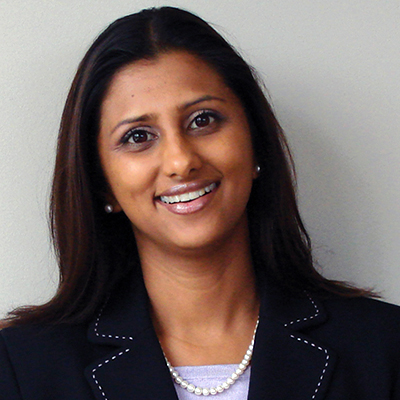
Nabeeha Kazi Hutchins ’96
Get to know the five new, incoming members of our board below. They will serve four-year terms through 2023.

Suze Brink Parker ’81, ’83
Overland Park, Kansas
Career:
Parker is the president and CEO of Parker Communications Group.
Time at K-State:
She earned a bachelor’s degree in journalism and a master’s degree in counseling and
student personnel services. While at K-State, she was a president of Ford Hall and
Sigma Sigma Sigma sorority, secretary of the Association of Residence Halls, a New
Student Orientation leader and a member of Blue Key Honor Society.
Community involvement:
She currently serves as a committee member for the K-State Alumni Association’s Wabash CannonBall Kansas City. Additionally, she is the 2019 chair of the Johnson County Community College Foundation.
Family:
She is married to Marshall “Sam” Parker ’78. They have two children: Laura Parker
Uber ’16 and Elaina Parker ’18.
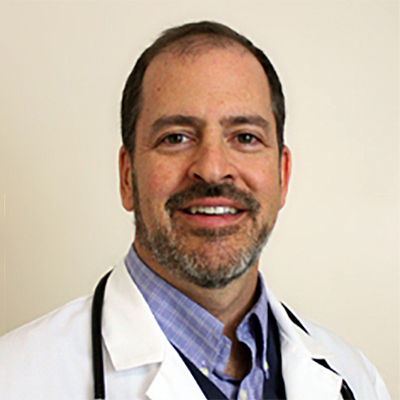
Dr. Curt Coffman ’90
Phoenix, Arizona
Career:
Coffman is a veterinarian and managing partner of Arizona Veterinary Dental Specialists.
Time at K-State:
He earned a bachelor’s degree in agriculture from K-State and a Doctor of Veterinary
Medicine in 1993 from the University of Missouri. While at K-State, he was a member
of Sigma Alpha Epsilon fraternity and Mortar Board Senior Honor Society.
Community involvement:
He has served as the club volunteer for the Cactus Cats Alumni Club. Additionally,
Coffman is involved with the Academy of Veterinary Dentistry, American Veterinary
Dental College and Foundation for Veterinary Dentistry. He previously served as a
member of the MU Valley of the Sun’s board of directors.
Family:
He is married to Stephanie Coffman.
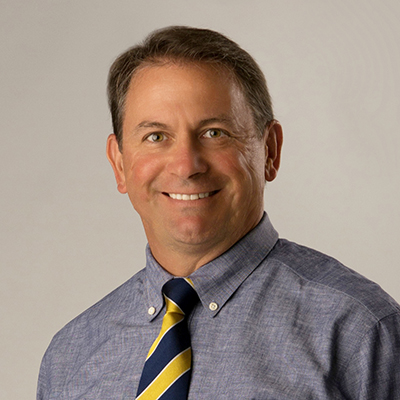
Jeff Ellison ’90
St. Joseph, Missouri
Career:
Ellison is an architect and president of Ellison – Auxier Architects Inc.
Time at K-State:
He graduated from K-State with a bachelor’s degree in architecture. While at K-State,
he was a member and later president of the American Institute of Architecture Students
K-State chapter.
Community involvement:
Ellison is a member of the St. Joseph K-State Alumni Club and the K-State Fairchild
Society. He and his wife have set up excellence funds in the colleges of Architecture,
Planning and Design, and Human Ecology. He also is involved with the American Institute
of Architects.
Family:
He is married to Becky Matles Ellison ’91. They have three children: Hayden, Jenna
and Lane.
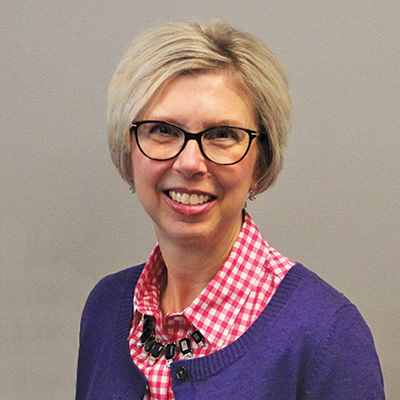
Jody Isch Lancaster ’88
Ottawa, Kansas
Career:
Lancaster is the director of volunteer services for Ransom Memorial Health.
Time at K-State:
She graduated from K-State with a degree in business administration. As a student,
she was a member of Kappa Kappa Gamma sorority, Union Program Council, Marketing Club
and Golden Key Honor Society.
Community involvement:
Lancaster is a member of the Franklin County Alumni Club, a 4-H leader, and has served
as president of the Kansas Association for Healthcare Volunteer Resource Professionals
and Friends of the Ottawa Library Board.
Family:
She is married to Dr. Trent Lancaster ’89, ’91. They have two children: Madison Lancaster
’18 and Cooper Lancaster, a sophomore in agricultural economics.
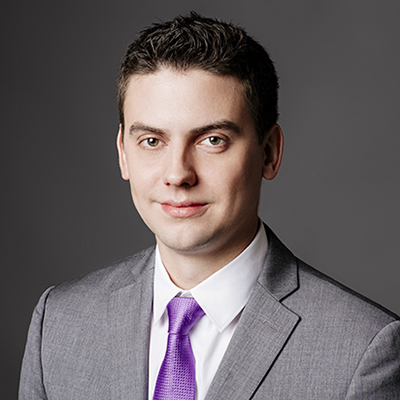
Zach Maier ’09
New York, New York
Career:
Maier is a product manager at Google.
Time at K-State:
He earned a bachelor’s degree in computer engineering, with emphases in psychology
and political science. At K-State, he was a member of Student Alumni Board, Engineering
Student Council, IEEE and Mortar Board Senior Honor Society. Maier holds four patents
and was awarded the College of Engineering’s 2017 Professional Progress Award.
Community involvement:
He is a member of the College of Engineering’s Seaton Society and established the
Maier Family Scholarship for students of color and females studying engineering.
Family:
Maier is married to Tim Oeljeschlaeger. In 2017, they founded the Maier Family Foundation,
which sponsors FIRST Robotics programs at Central Heights High School.
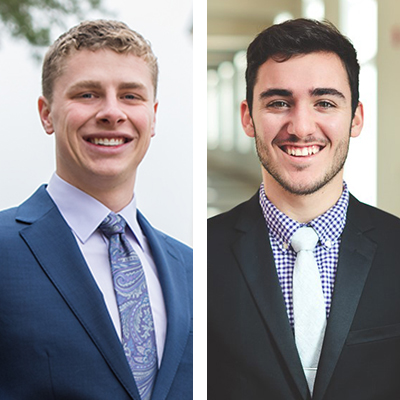
Student members
We also welcome the following new student representatives to our board. Jansen Penny is the new K-State student body president, and Keaton Petite is the Student
Alumni Board president. Thank you to Penny and Petite for providing a student voice
on our board!
Find out more about the K-State Alumni Association board of directors, and meet the other current members.

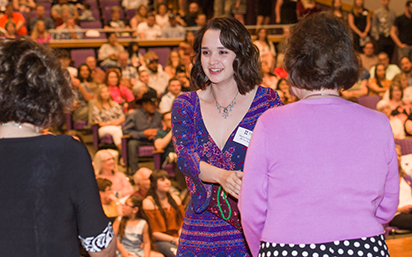
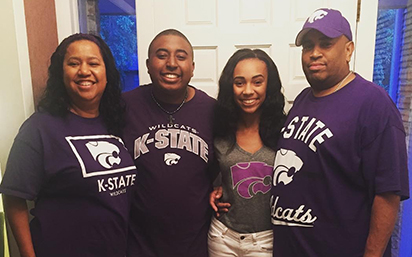 A transfer student and a first-generation student, Lewis said he was inspired to come
to K-State by his younger sister, who started attending here as a freshman. He sensed
there was something special about K-State.
A transfer student and a first-generation student, Lewis said he was inspired to come
to K-State by his younger sister, who started attending here as a freshman. He sensed
there was something special about K-State.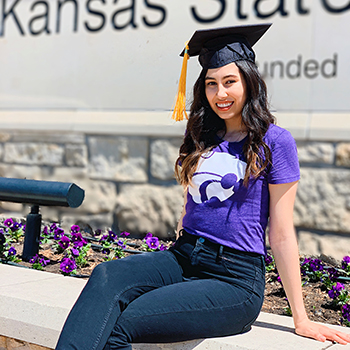 Martinez said that she was drawn to K-State based on opportunities for undergraduate
research. The Developing Scholars Program and Kansas Louis Stokes Alliance for Minority
Participation, or KS-LSAMP, allowed her to gain research experience, network with
professors and acclimate to campus.
Martinez said that she was drawn to K-State based on opportunities for undergraduate
research. The Developing Scholars Program and Kansas Louis Stokes Alliance for Minority
Participation, or KS-LSAMP, allowed her to gain research experience, network with
professors and acclimate to campus.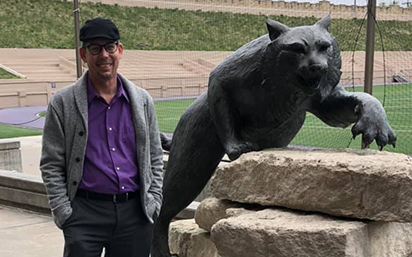 When Millar first applied to K-State, he had a definite goal in mind. He intended
to pursue a bachelor’s degree and then continue on to physician assistant school,
eventually working for the VA caring for veterans.
When Millar first applied to K-State, he had a definite goal in mind. He intended
to pursue a bachelor’s degree and then continue on to physician assistant school,
eventually working for the VA caring for veterans.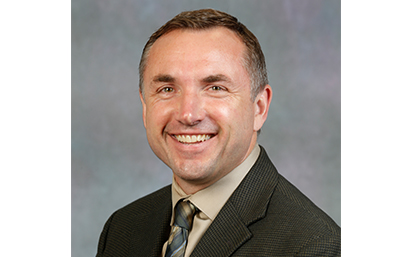
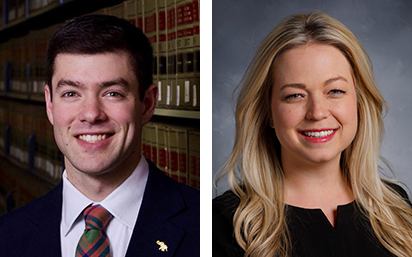
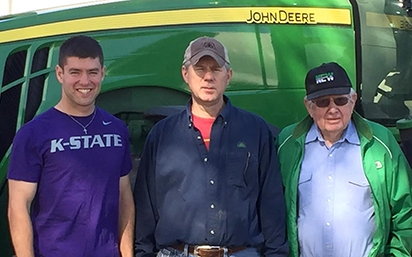 What motivated you to pursue a career in agriculture?
What motivated you to pursue a career in agriculture?
 Nelson recommends that it’s time to get your furry friends started on a flea, tick
and heartworm preventative to protect against the buzz and bites of fleas, ticks and
mosquitoes.
Nelson recommends that it’s time to get your furry friends started on a flea, tick
and heartworm preventative to protect against the buzz and bites of fleas, ticks and
mosquitoes. With an increase in time spent outside, Nelson advises reintroducing dogs slowly to
exercise if they have been less active over the winter months, or they may succumb
to injury. If you take your dog to the dog park, make sure they are current on recommended
vaccinations for your area and review dog park etiquette prior to going, Nelson said.
With an increase in time spent outside, Nelson advises reintroducing dogs slowly to
exercise if they have been less active over the winter months, or they may succumb
to injury. If you take your dog to the dog park, make sure they are current on recommended
vaccinations for your area and review dog park etiquette prior to going, Nelson said. For owners who plan to travel with their pet, Nelson recommends protecting pets’ eyes
from injury by not allowing them to stick out their heads while driving. Keeping pets
buckled up or secure in a crate also will help avoid injury should there be an accident
and to keep them from getting under the foot of the driver, she said.
For owners who plan to travel with their pet, Nelson recommends protecting pets’ eyes
from injury by not allowing them to stick out their heads while driving. Keeping pets
buckled up or secure in a crate also will help avoid injury should there be an accident
and to keep them from getting under the foot of the driver, she said. Many people and dogs are drawn to water activities during the warmer months. As pools
reopen for use, make sure they are properly gated to keep out curious pets — and children
— and avoid accidental drownings, Nelson said.
Many people and dogs are drawn to water activities during the warmer months. As pools
reopen for use, make sure they are properly gated to keep out curious pets — and children
— and avoid accidental drownings, Nelson said. Summer also means that plants will be blooming and people will be out working in their
yards.
Summer also means that plants will be blooming and people will be out working in their
yards.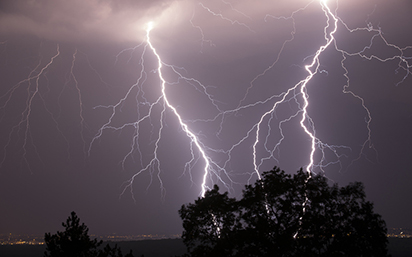 This time of the year also brings with it an increased chance for severe weather with
thunder, which is particularly traumatic for many dogs.
This time of the year also brings with it an increased chance for severe weather with
thunder, which is particularly traumatic for many dogs.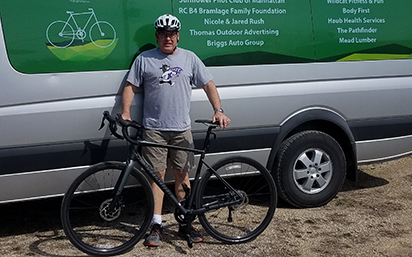
 The idea for the Parkinson’s bike ride sprouted after Schindler decided to try riding
his bike again one day. He said he rode for 3-4 miles, and the exercise felt great.
The idea for the Parkinson’s bike ride sprouted after Schindler decided to try riding
his bike again one day. He said he rode for 3-4 miles, and the exercise felt great.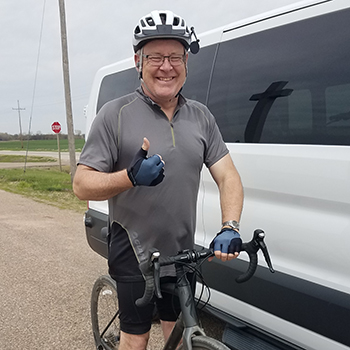 Beyond the bike ride, the work continues. Schindler said that Manhattan has the only
dedicated young onset Parkinson’s group in the state of Kansas that he can find, and
he wants to continue raising awareness. He’d also like to see the bike ride become
an annual event, though in a slightly different format.
Beyond the bike ride, the work continues. Schindler said that Manhattan has the only
dedicated young onset Parkinson’s group in the state of Kansas that he can find, and
he wants to continue raising awareness. He’d also like to see the bike ride become
an annual event, though in a slightly different format. 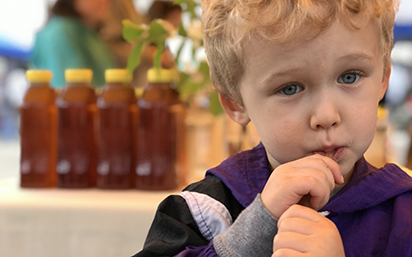
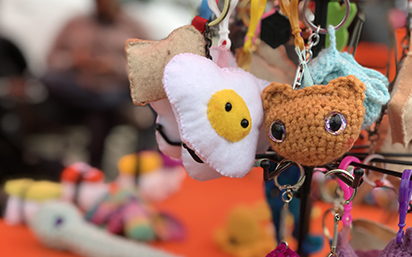
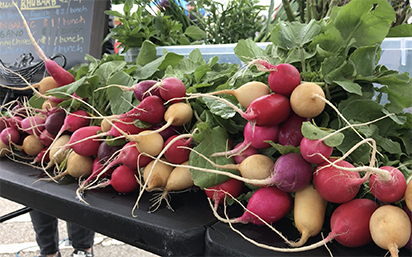
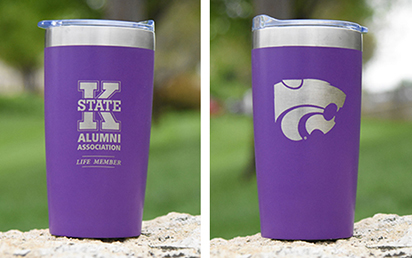
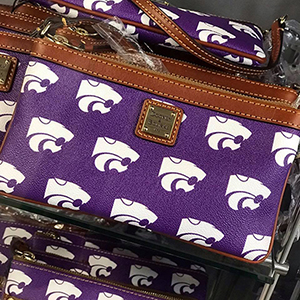 K-State Alumni Association members now receive a 15% discount at the K-State Campus
Store (previously, members received a discount of 10%).
K-State Alumni Association members now receive a 15% discount at the K-State Campus
Store (previously, members received a discount of 10%). Single game football tickets will
Single game football tickets will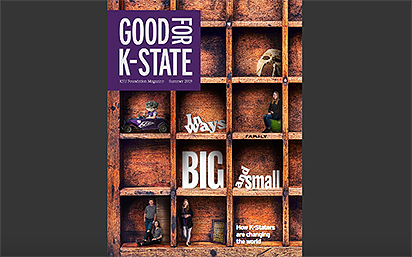
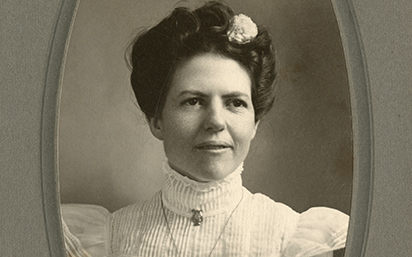 From the time Mary Emma “Mamie” Alexander Boyd set foot on campus 120 years ago, five
generations of her family have attended Kansas State University.
From the time Mary Emma “Mamie” Alexander Boyd set foot on campus 120 years ago, five
generations of her family have attended Kansas State University.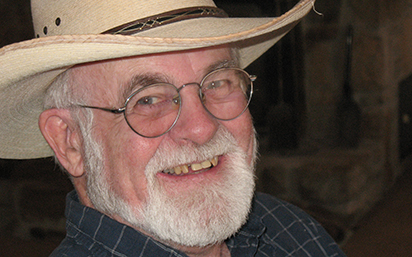
 Agricultural economics professor Christine Wilson earned her bachelor’s, master’s
and doctoral degrees at K-State in 1994, 1996 and 2001, respectively. She joined the
faculty in 2008 after seven years at Purdue University. She first served as the assistant
dean of academic programs at K-State before moving into the Department of Agricultural
Economics to serve as the director of undergraduate programs.
Agricultural economics professor Christine Wilson earned her bachelor’s, master’s
and doctoral degrees at K-State in 1994, 1996 and 2001, respectively. She joined the
faculty in 2008 after seven years at Purdue University. She first served as the assistant
dean of academic programs at K-State before moving into the Department of Agricultural
Economics to serve as the director of undergraduate programs.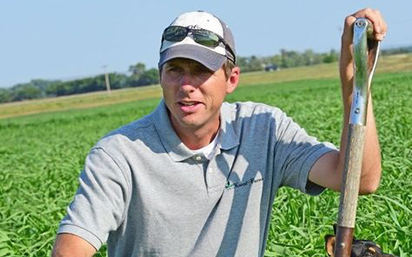 Justin Knopf graduated from K-State in 2000 with a bachelor’s degree in agronomy and
has maintained a close working relationship with his alma mater while continually
learning, advocating and practicing sustainable agricultural practices.
Justin Knopf graduated from K-State in 2000 with a bachelor’s degree in agronomy and
has maintained a close working relationship with his alma mater while continually
learning, advocating and practicing sustainable agricultural practices.